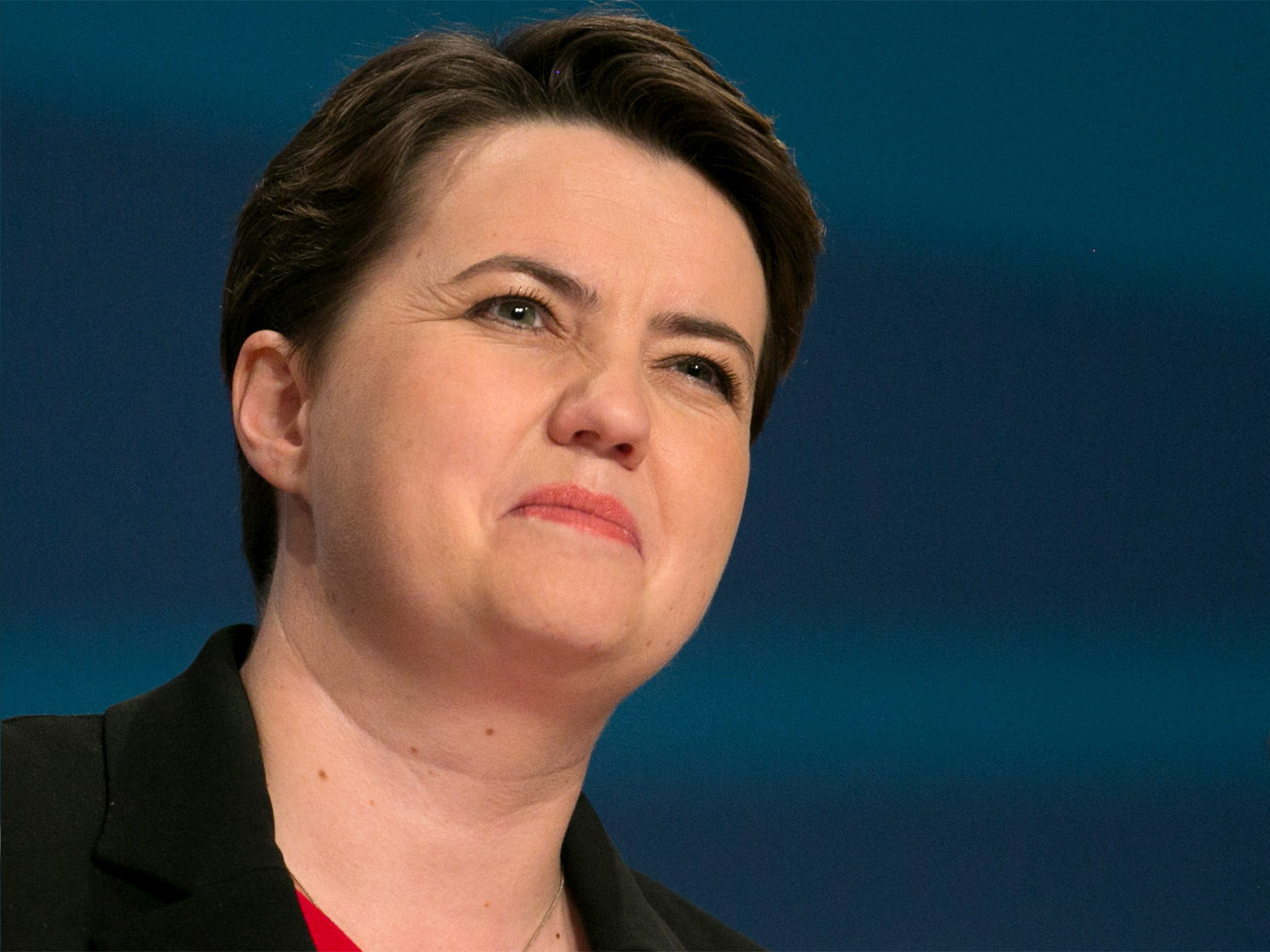
The Scottish Conservative leader Ruth Davidson has told farming leaders it would be 'foolhardy' to give MSPs the prerogative to create an entirely separate Scottish replacement for the EU’s CAP post-Brexit.
Miss Davidson expects there to be a row between Holyrood and Westminster over who has the rights for developing new agricultural powers once the UK has left the EU.
The Tory leader called this an 'almighty row', and expects tensions to bubble over the next coming months.
85% of Scotland’s agri-exports go to the rest of the UK. Miss Davidson said by having different systems on both sides of the Border, it would create needless barriers within the UK domestic market.
She also said it was possible to design a better system for distributing farming subsidies than the Common Agricultural Policy (CAP).
She said the CAP attempted to cater for farmers on the shores of the Mediterranean and the fringes of the Arctic Circle.
Her speech, at the NFU Scotland annual general meeting yesterday (6 January), is the most detailed stance given yet about Conservative policy on transferring more powers to Holyrood after they are repatriated from Brussels.
'Foolhardy'
Miss Davidson said: “I think it would be foolhardy for us to place barriers within our own UK domestic market. I don’t see the up side in leaving one complex regulatory regime in Brussels, only to burden farmers with two regulatory regimes within the UK.
"At the same time, I think it is vital that the distinctive needs of Scottish farmers are heard and that the welcome moves towards regionalisation within the EU over recent years are not stymied.”
Miss Davidson urged First Minister Nicola Sturgeon to drop the threat of a second referendum on independence, insisting "we are moving towards a system of shared power in the UK."
Meanwhile, the NFU Council has re-iterated four principles which British food production needs in a post-Brexit Britain.
These are: The best possible access to trade with Europe; Access to a competent and reliable workforce; The government to give commitment that agriculture is a key industry for Britain and a post-Brexit Britain and that any changes to trading relationships or the agricultural policy affecting farmers should be subject to a period of transition to allow farming businesses to adapt to any new environment.
